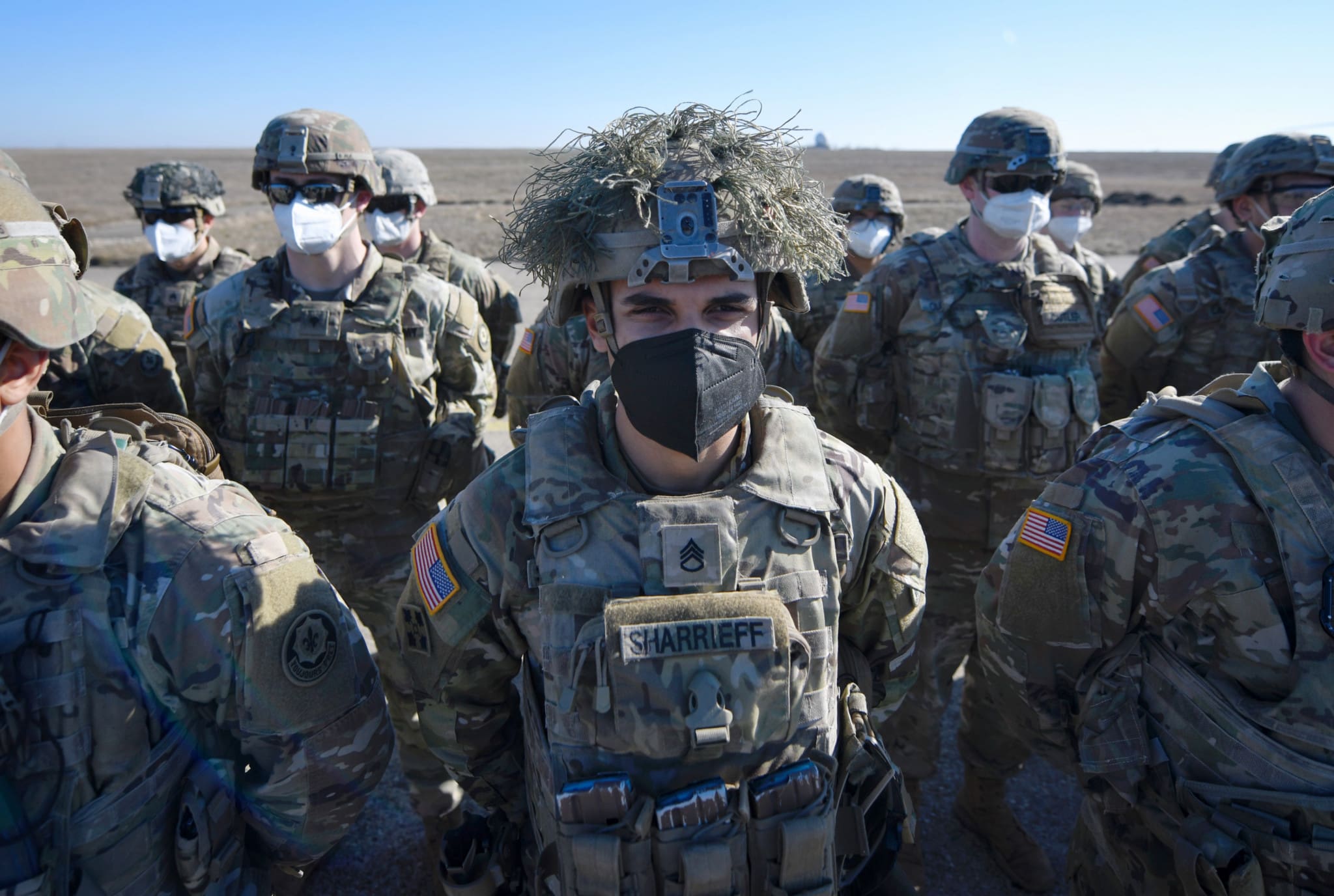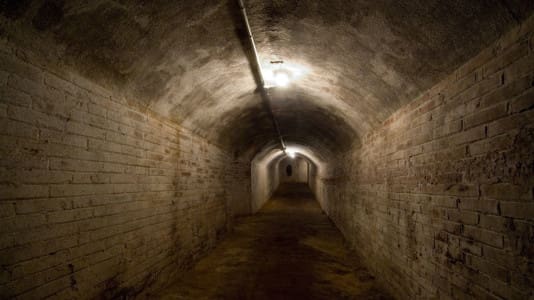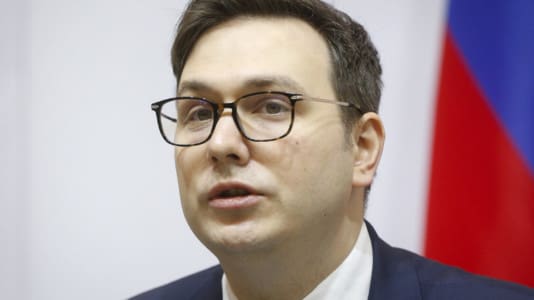Since the beginning of this year, things are moving fast in the Central and Eastern European nation of five million, at least in terms of military developments. Slovakia seems to have adopted a dubious military doctrine that sees stationing large numbers of NATO troops on its territory as an alternative to modernizing its own defensive capabilities.
The pace of the small country’s militarization has picked up already in January, well before the Russian invasion of Ukraine. NATO was mulling the possibility of strengthening its already existing troops in Bulgaria and Romania, and has proceeded to insert more forces in Poland. Slovakia was mentioned, but NATO officials were treading carefully as a new piece of legislation was being put to vote about the construction of a U.S. base in Slovakia that could host some 1,000 US soldiers. The new law about a defense cooperation with the U.S. passed in parliament at the beginning of February, as a result of which some $100 million and potentially a thousand military personnel were set to head towards the country.
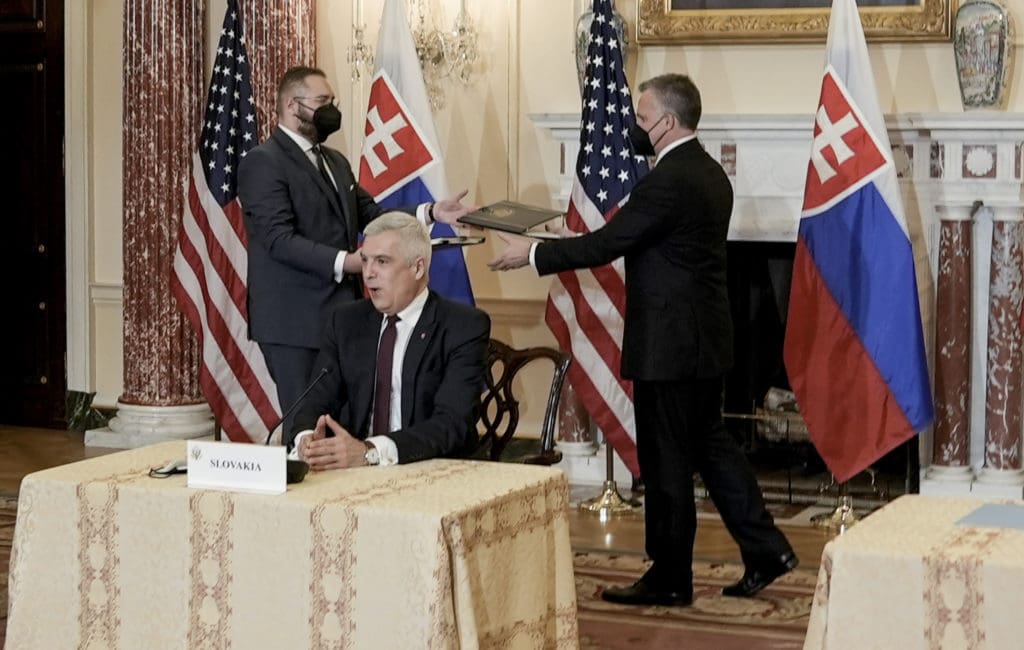
Just after the start of the Russian invasion, the government in Bratislava announced that a NATO battlegroup is being formed for Slovakia, which will include some 1,200 NATO troops, during which the fabulously expensive, yet not always reliable, Patriot air defense systems will be positioned in the country. Slovakian Defense Minister Jaroslav Nad also stated that these complex systems will be manned by German and Dutch troops and said with pride that the military hardware coming to his country is worth in the region of €1 billion. He also pledged 300 Slovak soldiers to boost the number of the NATO units to 1,500, but they will most probably be in support roles such as defending the perimeters of the Patriot missile units, and will take orders from foreign NATO commanders on their own territory.

The Slovak government, made up of centrist and liberal parties, has also made sure that public dissent over the rapid militarization of the country will be controlled effectively by approving an emergency legislation regarding martial law that, among other benefits to the ruling parties, will allow the banning and penalization of what they label “harmful information” that critics regard as a tool for opening the door to a crackdown on the freedom of speech in Slovakia. The move comes at the same time that Czechia also shuttered a number of websites it had labeled as “misinformation” following the outbreak of hostiles in Ukraine, which that country’s SPD party labeled an attack on freedom of expression. There is no evidence that any of the websites were connected to Russia, but many of them promoted a conservative viewpoint on a range of issues.
[pp id=20344]
This, alongside all the military agreements passed by parliament, were signed by the country’s progressive-liberal president Zuzana Caputova without any signs of hesitation or the possibility of a public debate. This, alongside all the military agreements passed by parliament, were signed by the country’s progressive-liberal president Zuzana Caputova without any signs of hesitation or the possibility of a public debate.
The driving force behind this enthusiasm for turning Slovakia into a forward NATO base is the liberal SaS party, most notably its foreign secretary, Ivan Korcok, who is the former Slovakian ambassador to Washington. Since assuming power, they have done little to nothing to develop Slovakia’s own defense capabilities. The only notable development, the signing of a deal for 14 American F-16 fighter jets, was finalized by the previous government of Peter Pellegrini. The rest of the Slovakian armed forces consists of woefully antiquated Soviet-era hardware, including a few MIG-29 fighter jets that EU leaders would have happily gifted to Ukraine. As a result, the invitation of foreign state-of-the-art military equipment to their territory seems like the cheapest, most effective solution for their immediate defensive concerns, but of course all this comes with a catch.
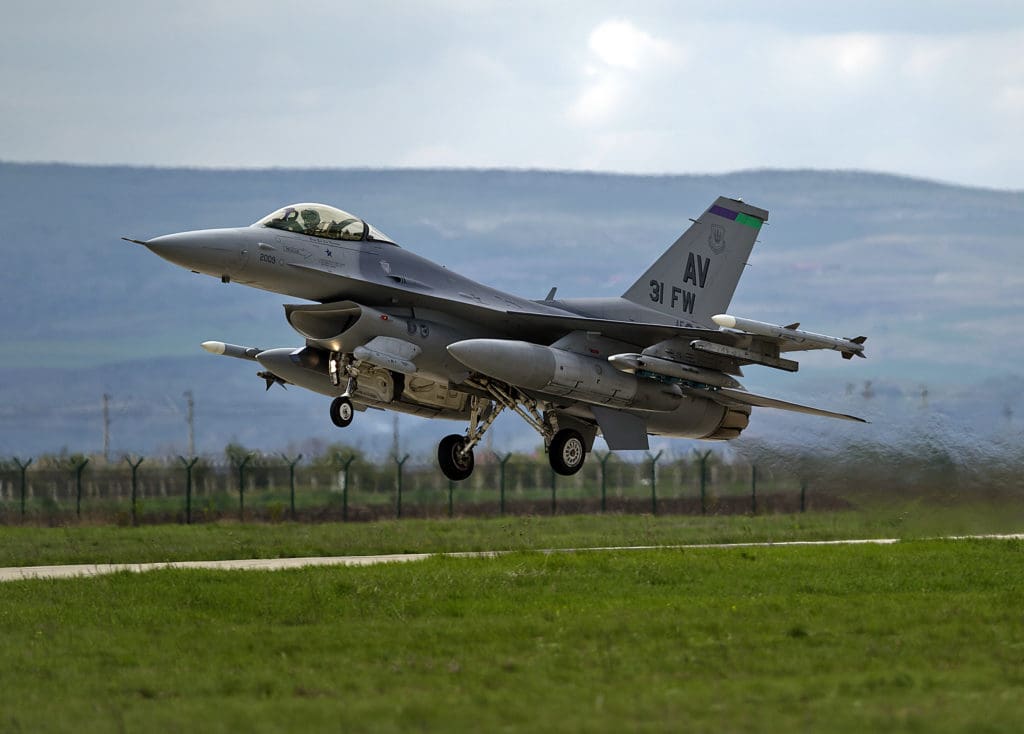
Armed forces all around a world are the guarantee of national territorial sovereignty and freedom. Inviting foreign troops to one’s country, albeit friendly ones, introduces a dependency on the political goodwill and military capabilities of foreign nations. This is a price that Slovak politicians are clearly happy to pay, but citizens do not seem to be on board with these decisions.
The almost total subordination of Slovakia to NATO interests should have been preceded by a democratic process, a public debate, and given the gravity of these decisions, perhaps a national referendum. According to a recent public survey, over 64% of Slovaks are against hosting U.S. troops and military bases on their territory, although some 53 percent of the citizens are still for the country’s NATO membership. Per another poll, 77 percent are supportive of providing humanitarian aid to Ukrainians. However, when asked if they would agree with hard sanctions against Russia even if it meant the lowering of their own living standards, only 32.8 percent of Slovaks would want to go along with such plans, while 33.1 percent would oppose them.
[pp id=27779]
Perhaps most telling of all is Slovaks’ answer to the question which geopolitical direction should their country follow in view of the Russia-Ukraine conflict. Only 37 percent of Slovaks think that their country should mostly or always stand on the side of Western alliances (NATO, EU), while as much as 54.5 percent of respondents thought that they should maintain a balanced relationship towards Russia or stand by Russia.
The recent decisions of the Slovak government could give the impression of a massive democratic mandate behind these radical strategic decisions, but if you ask ordinary Slovak citizens, there is in reality a rejection of the military and geopolitical actions of their government.


